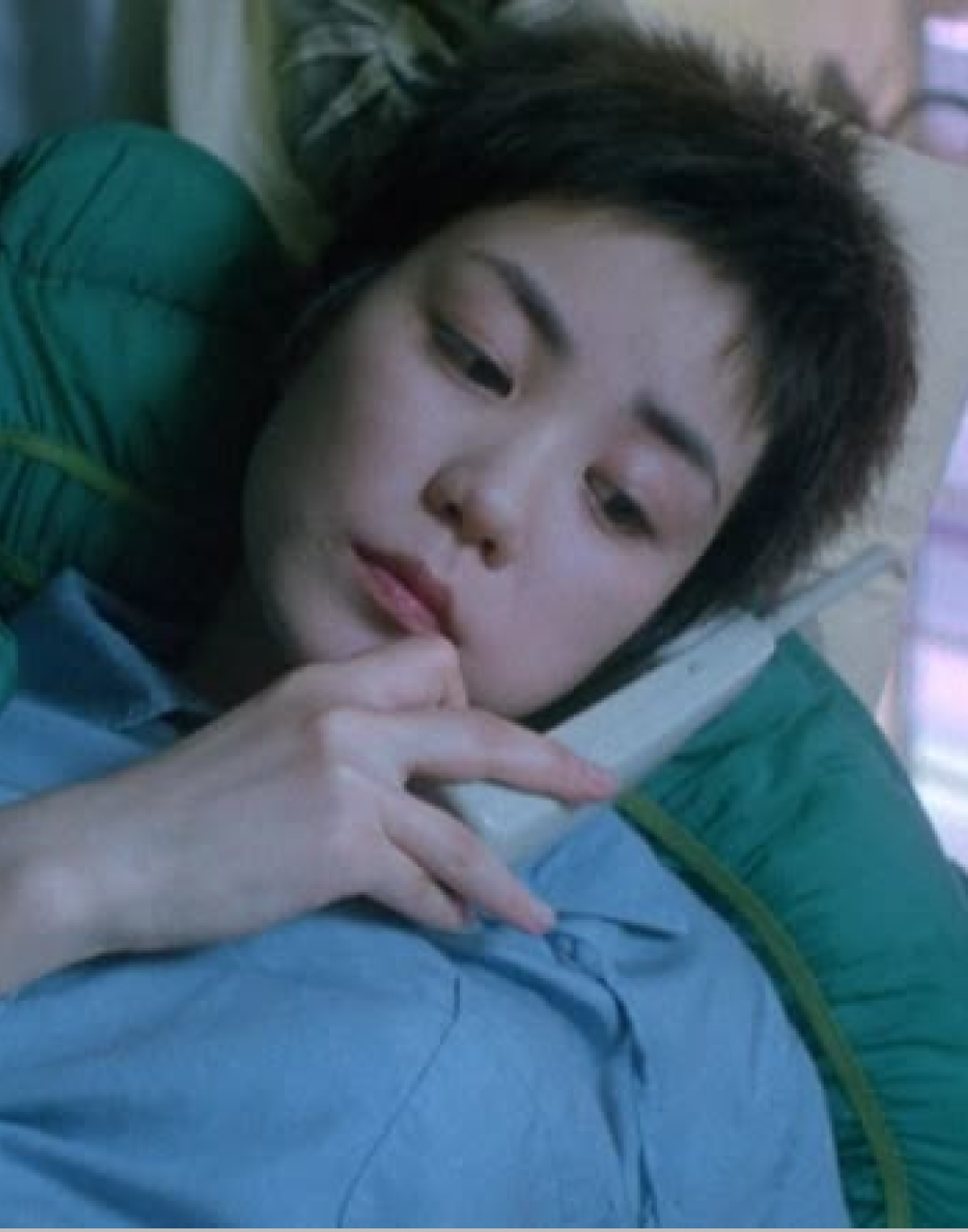
Staying up is no longer in Is it really true that after 9:00pm nothing interesting happens anymore?
Popular sayings, cinema, music, television, and other cultural means have depicted night as the time of day when one can find the right inspiration or simply a period when extraordinary things can happen more easily. While some say that "the night brings counsel," other sayings like "The early bird catches the worm" suggest the opposite. Determining which of the two time slots is best for functioning one's brain is a relative matter, as it depends on many factors: cultural aspects, work schedules, speed of daily task execution, but also health issues and any pandemics. Regarding this topic, it's worth mentioning an article from the Wall Street Journal which reports that "twentysomething" people, aged between 20 and 29, tend to fall asleep earlier than in the past. According to the same newspaper, a 2022 study revealed that in the United States, those in this age group sleep an average of 9 hours and 28 minutes, an 8% increase from the 8 hours and 47 minutes in 2010. Data collected in early 2024 further reinforce the trend of younger people going to bed early. Young people aged 18 to 34 go to bed, on average, at 10:08 PM, as shown by the two million people whose sleep habits were analyzed by the WSJ.
The Impact of Covid-19 on Sleep
@jojoasmr fall asleep in 5 minutes! #asmr #asmrsounds #asmrtiktoks #asmrvideo #jojoasmr #asmrsleep #asmrsleeprelax #longasmr original sound - jojo
The pandemic that erupted in 2020 has changed - temporarily or irreversibly - the sleep habits of many, both young and old. While for those who at the time did not have stable employment, and therefore were not overwhelmed by the advent of remote working, the days numbed emotions and extinguished any effort to find a hobby, more than a few "brave souls" saw the lingering pandemic as an opportunity to engage in new activities. This is why many "health-bros" have developed a passion for fitness during lockdown: from exercises performed on a gym mat in their own bedrooms, a pretext was born to discover many other new aspects that contribute to making the routine healthier, such as following a regular sleep cycle.
The Role of FOMO and TikTok Trends
@gracie_norton night isn’t complete without a nice little beverage & something sweet!!
As some trends on TikTok demonstrate, it seems that Generation Z is genuinely interested in sleeping more than in the past. An example is the virality achieved on the platform by ASMR sounds, which are said to promote relaxation and sleep, as well as the sleepy girl mocktail. The latter was launched by wellness influencer Gracie Norton and is an alcohol-free cocktail made with black cherry juice, magnesium, and soda, a combination of ingredients that promises an undisturbed night's sleep, whose popularity coincides with Dry January, the alcohol-free period introduced to recover after the holiday season. So, it's time to welcome mocktails (alcohol-free drinks), especially if they help with sleep-related issues. In a world where many may pay particular attention to showing off, we understand perfectly well those who can't fall asleep early because of FOMO, the form of social anxiety characterized by the constant need to stay connected to activities done by other people.
Especially in certain sectors like fashion, sports, and music, it's not true at all that nothing interesting happens after 9:00 PM; in fact, it could be exactly the opposite. Tim Dowling, a journalist for The Guardian, prompted by the advice of a nineteen-year-old, tried going to bed at 9:00 PM for a week. Sleeping around 11 hours a night, he felt exhausted, bored, and dissatisfied, ultimately advising against this rhythm to the newspaper's readers. So, as we well know, not all trends are here to stay, but above all, not all can materialize equally for each person. On the other hand, not dedicating time to one's interests at the end of the day, especially after a hard day's work, really sounds like a waste of time, an opportunity missed to escape from work dynamics. And if young people were falling asleep earlier, in front of a screen, because they are exhausted by today's absurd (and often underestimated) work rhythms?












































